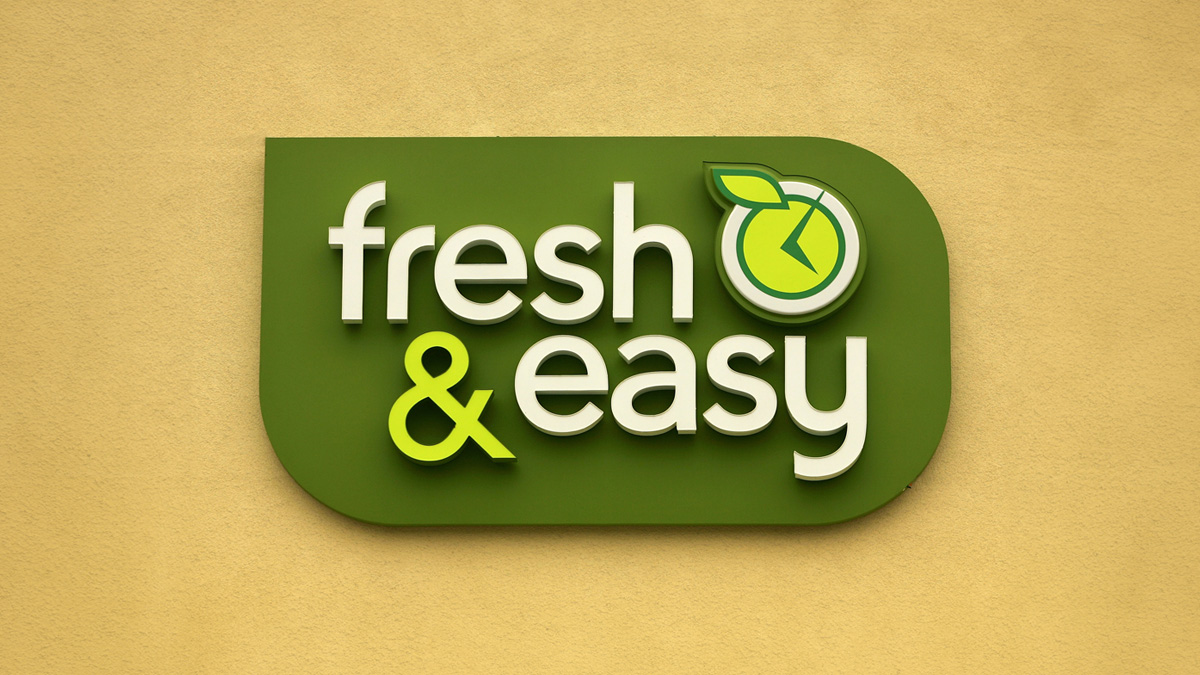The power of trust and coaching in sports and leadership
Catherine Baker explains three things that can take your leadership to the elite level

Elite sport gives us the opportunity to watch incredible performances from individuals and teams.
In sport though, as in business, these performances don’t happen without considerable support behind the athlete.
My work with elite athletes and coaches constantly reinforces the critical role that the coach plays; not just in terms of their technical abilities but in terms of their relationship with their athlete. Towards each and every elite athlete, the coach is in a position of huge responsibility; they effectively have their career in their hands. They are the custodian of the athlete’s talent, and their job is to enable them to fulfil their true potential.
Trust is key. The athlete needs to believe that the coach is the right person to guide and challenge them. If they don’t trust their coach, if they don’t believe the coach has their best long-term interests at heart, the relationship is not going to get the best out of them – consistently, on a sustained basis.
Trust is equally as important in leadership. Particularly in times of uncertainty and times of rapid growth, building trust within your teams and organisations is vital if you want to get the best out of your people over the long term, and enable them to achieve more than they thought possible.
How best can we build this trust with our people, across generations and backgrounds? From my work both in elite sport and in business, it boils down to the three Cs.
Capability
The people you lead need to see that you are capable. This doesn’t mean that you have all the answers. And it certainly doesn’t mean that you are perfect. It does mean though that you have sufficient ability, experience, skillset, mindset and adaptability to lead your team and/or organisation through the challenges and opportunities ahead. And that you are capable enough to know where you need to develop and improve and can go about doing so.
Make sure you demonstrate this – be clear about what you bring to the table; and whilst acknowledging your weaknesses, make sure you communicate a plan to plug the gaps.
Care
Theodore Roosevelt famously wrote: “Nobody cares how much you know until they know how much you care.” For me, this is a simple way of articulating some of the key aspects within trust that are written about extensively. Empathy. Integrity. Accountability. Responsibility. Vulnerability. Compassion.
If you care about the organisation’s purpose, care about the organisation itself, and care about your people, all these attributes should flow. And it should be clear to your people that you are coming at it from the right place. You see this in the best athlete/coach relationships – the coach needs to push the athlete hard, to get the best performances out of them. This can’t happen without the athlete knowing that they truly care, both about the athlete and the outcome.
Consistency
If you behave in a way that is consistent, that people around you can rely on, if you walk the talk, and honour your commitments, you build confidence from those around you. And that’s key to gaining their trust. Think about it for a moment.
Think about those leaders who don’t operate in this way. Who are unpredictable. Who don’t do what they say they are going to do. Who expect one thing and do another. Who one day behave in a certain way, and another day entirely differently. Unhelpful. The opposite of reassuring. And frankly, this is the last thing people need in an increasingly uncertain and volatile world.
Trust is key to long-term performance. Take care to keep these three Cs in mind.
Catherine Baker is the founder and director at Sport and Beyond, and the author of Staying the Distance: The Lessons from Sport that Business Leaders Have Been Missing



